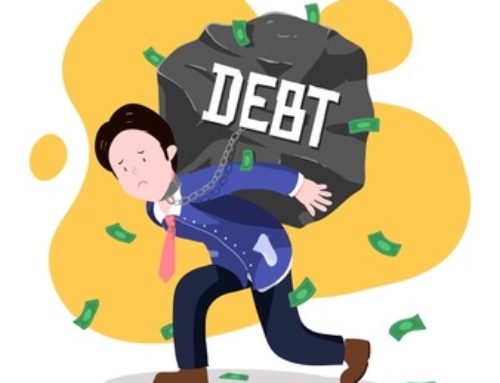As students head back to school, it may bring up the stressful topic that many adults face: paying off their student loans. In a difficult economy, college graduates have been among those struggling to find a job in Mississippi. Even when they do secure employment, the pay may not be sufficient to cover daily expenditures as well as debts. As time goes on and expenses such as medical bills are added to the mix, this debt may continue to grow if a person cannot make payments.
This is why it can be very important to be proactive in getting finances under control. For those with a regular income and a moderate level of debt, filing for Chapter 13 bankruptcy protection might be a positive solution. But many people do not know what types of debt will and will not be discharged in filing for bankruptcy.
In fact, there are some people who take advantage of the fact that an average person doesn’t know the ins and outs of debt management. For example, one company targeted college students who borrowed money and told them that these federal student loans could not be discharged in bankruptcy. The company then took advantage of those who eventually filed for bankruptcy. If their student loans were not among those debts that were discharged, the company went after the borrower saying the debt was not dischargeable in bankruptcy. They would then collect the amount, plus interest.
The truth is that it may be challenging to prove that paying back student loans presents an “undue hardship” so that the debt can be forgiven. It is not, however, impossible. Those who speak with a knowledgeable attorney will be able to determine if they qualify.
Understanding what debts can and cannot be forgiven when filing for bankruptcy protection can be difficult. Debt that has accrued from credit card bills, medical bills and certain loans are among those that can be discharged. For those who qualify for Chapter 13 bankruptcy protection, they may also be able to keep their home and other properties.




Connect with Us